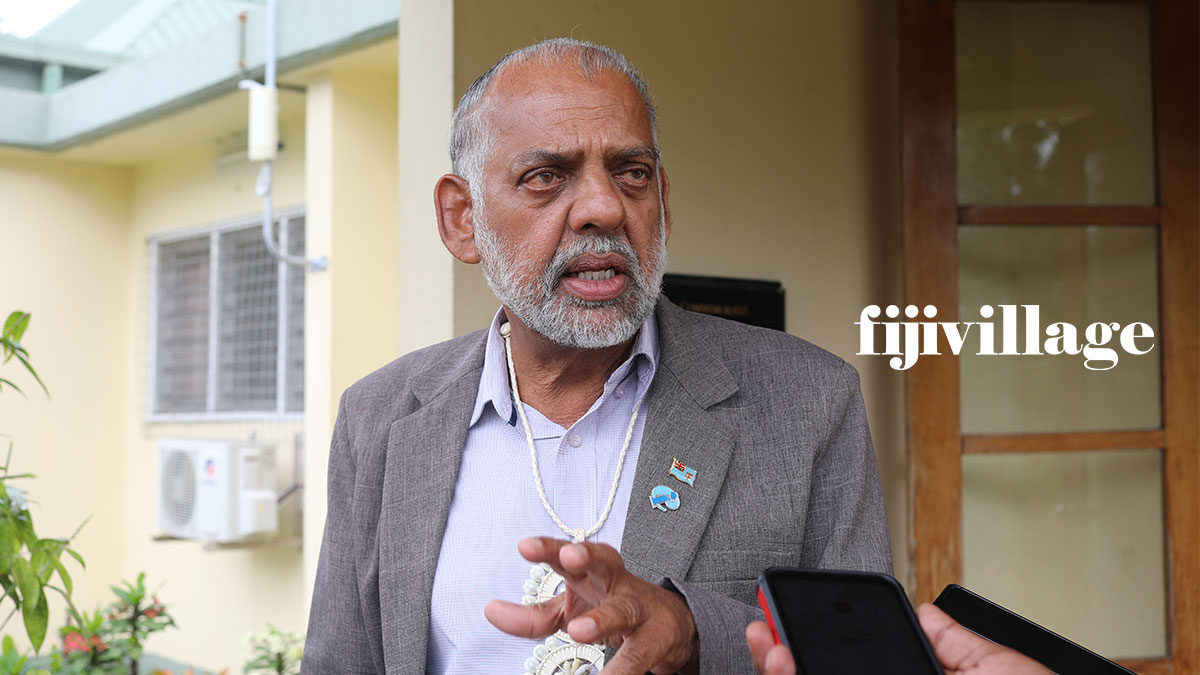
Minister for Employment, Productivity and Workplace Relations, Agni Deo Singh has clarified that the dialogue sessions currently being conducted throughout the country by his Ministry are part of the Ministry’s broader approach to engaging with stakeholders across the country.
This was following calls from the Fiji Commerce and Employers Federation for the Ministry to utilise the tripartite structure of the Wages Councils articulated in the law.
In a letter of response from the Minister to the Chief Executive Officer of FCEF, Edward Bernard, Singh acknowledged the important role that FCEF plays in representing the interests of the private sector and employers on matters related to labour and employment policy in Fiji, particularly through your engagement in the Wages Councils framework.
He says these dialogue sessions are not formal Wages Council meetings, nor are they intended to substitute or override the statutory functions of the Councils, however, they are meant to empower and educate the diverse cross-section of employers, workers, and business representatives in a less formal and more inclusive setting.
Singh says the outreach sessions are purely for educational and informational purposes in nature, and they are designed to explain the history and legal foundation of the Wages Council in Fiji, its role in promoting decent work through minimum standards and wage regulation, the tripartite structure and its purpose, and how employers, including those outside the FCEF, may participate or raise concerns within this framework.
The Minister further says that while the Chairperson of the Wages Councils has participated in these sessions, it is not in the capacity to make decisions or conduct formal business on behalf of the Councils.
He says the Chairperson has not, and will not, act outside the authority prescribed under the Employment Relations Act 2007, and the Chair’s role, as stipulated under the current regulatory framework, includes promoting transparency and awareness.
Singh says the Ministry remains fully committed to upholding the principle of tripartism, as outlined in the Employment Relations Act 2007 and aligned with ILO Conventions.
He says they acknowledge FCEF’s concerns regarding adherence to proper process, and he has assured them that all formal decisions, including those relating to wage determinations, will be made through the established tripartite structure of the Wages Councils.
Singh says the Chair has not engaged in policy advocacy, wage determination, or any form of negotiation outside the tripartite mechanism therefore, there is no breach of the tripartite spirit.
The Minister also highlighted the submission process and engagement, saying they value the continued partnership with FCEF and encourage their participation in both formal and informal dialogue sessions.
He says it is only through inclusive dialogue and transparent engagement that they can arrive at policies and decisions that are balanced, sustainable, and fair to all parties.
He further says it is essential to note that the Wages Council, as a public institution, has an obligation to be inclusive and consultative, ensuring that all stakeholders whether they are represented by FCEF are informed and empowered to understand their rights and responsibilities.
Singh says the Ministry recognizes the principle of tripartism, and they continue to value the role of FCEF in national labour dialogue and encourage ongoing engagement through formal channels.
Singh adds that should there be any specific concerns regarding the content or delivery of the Chair’s outreach, he welcomes the opportunity to discuss these in greater detail in a spirit of collaboration.
Stay tuned for the latest news on our radio stations

